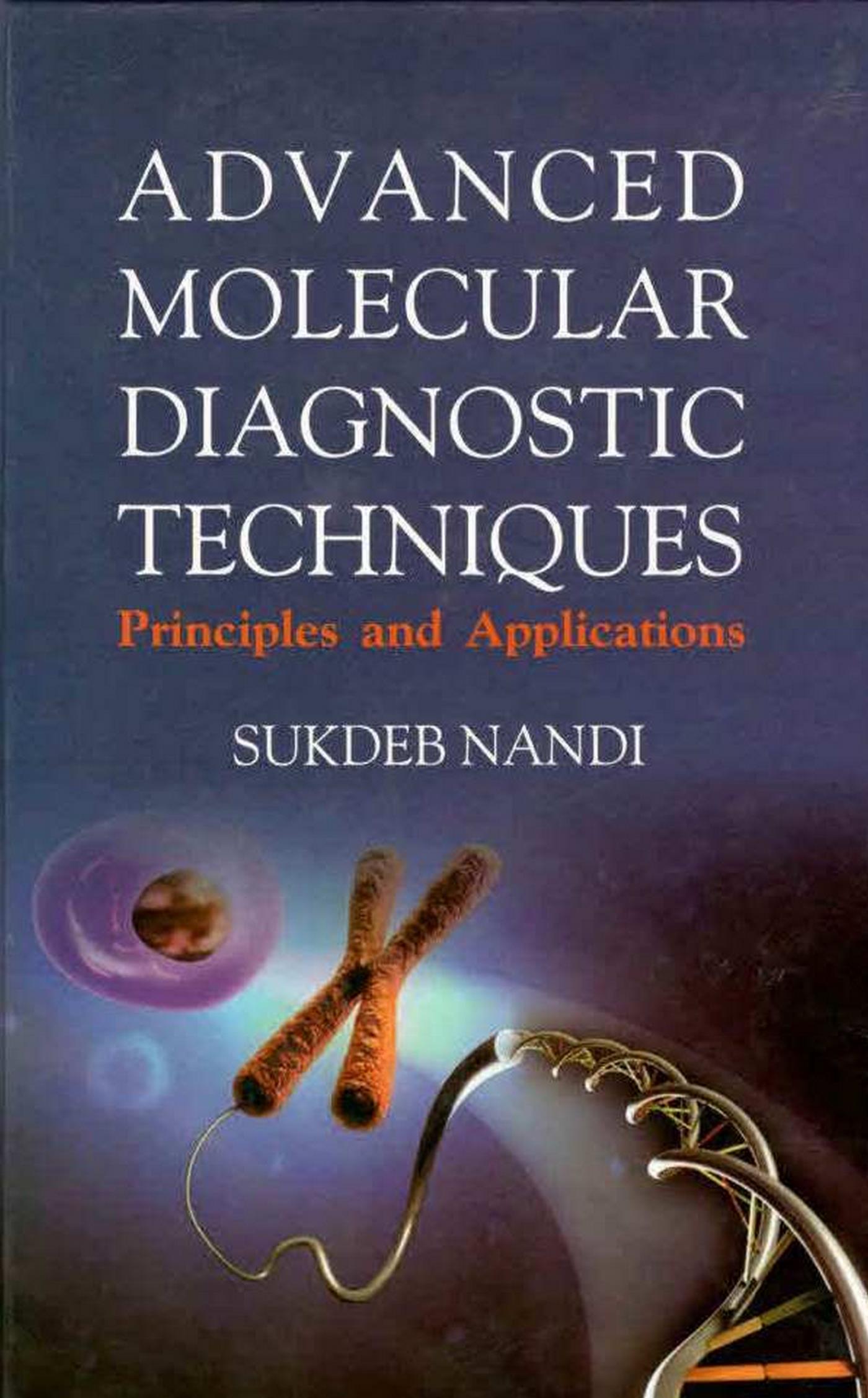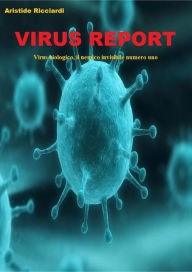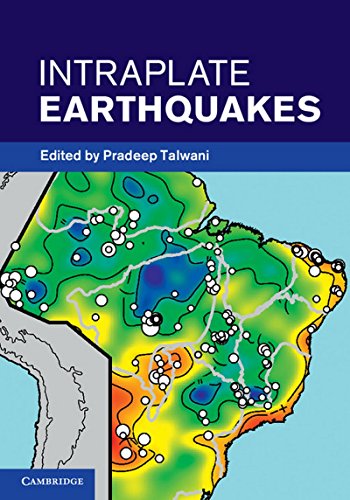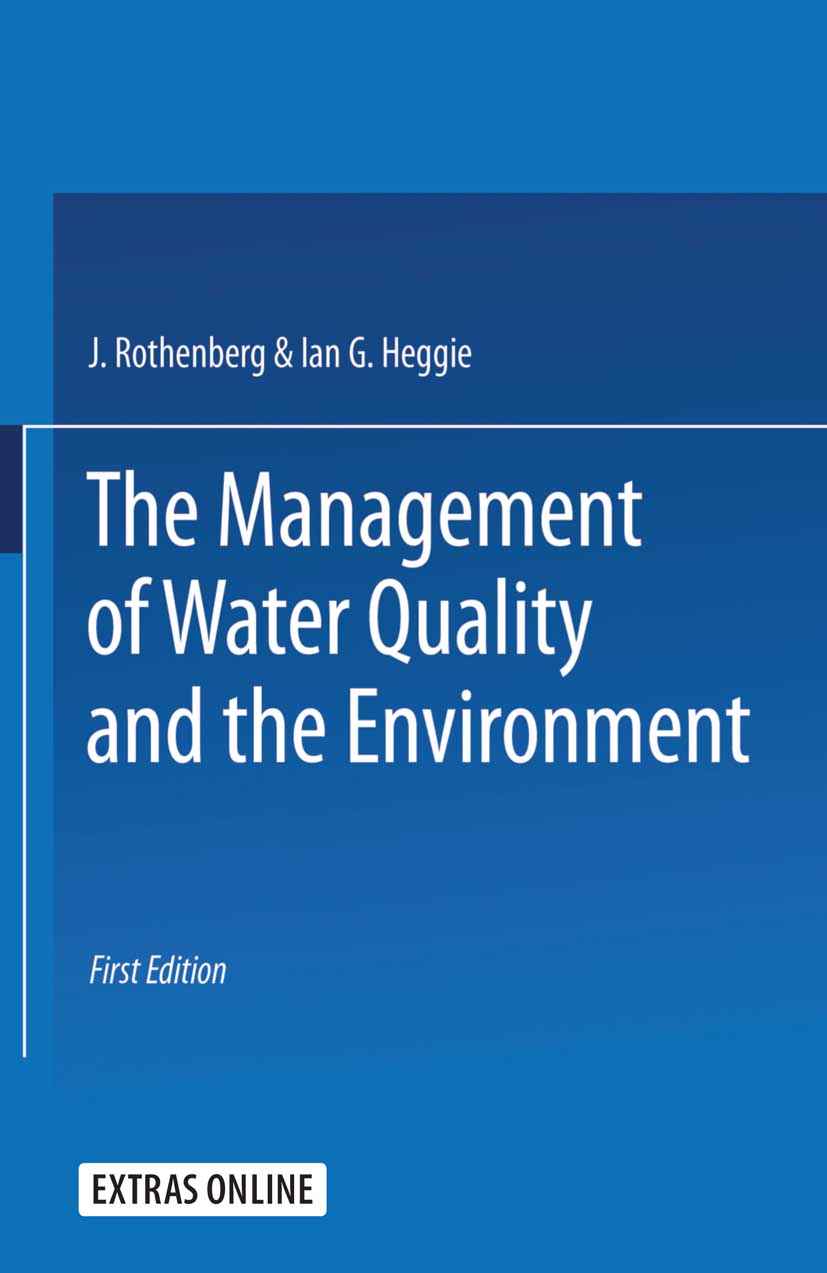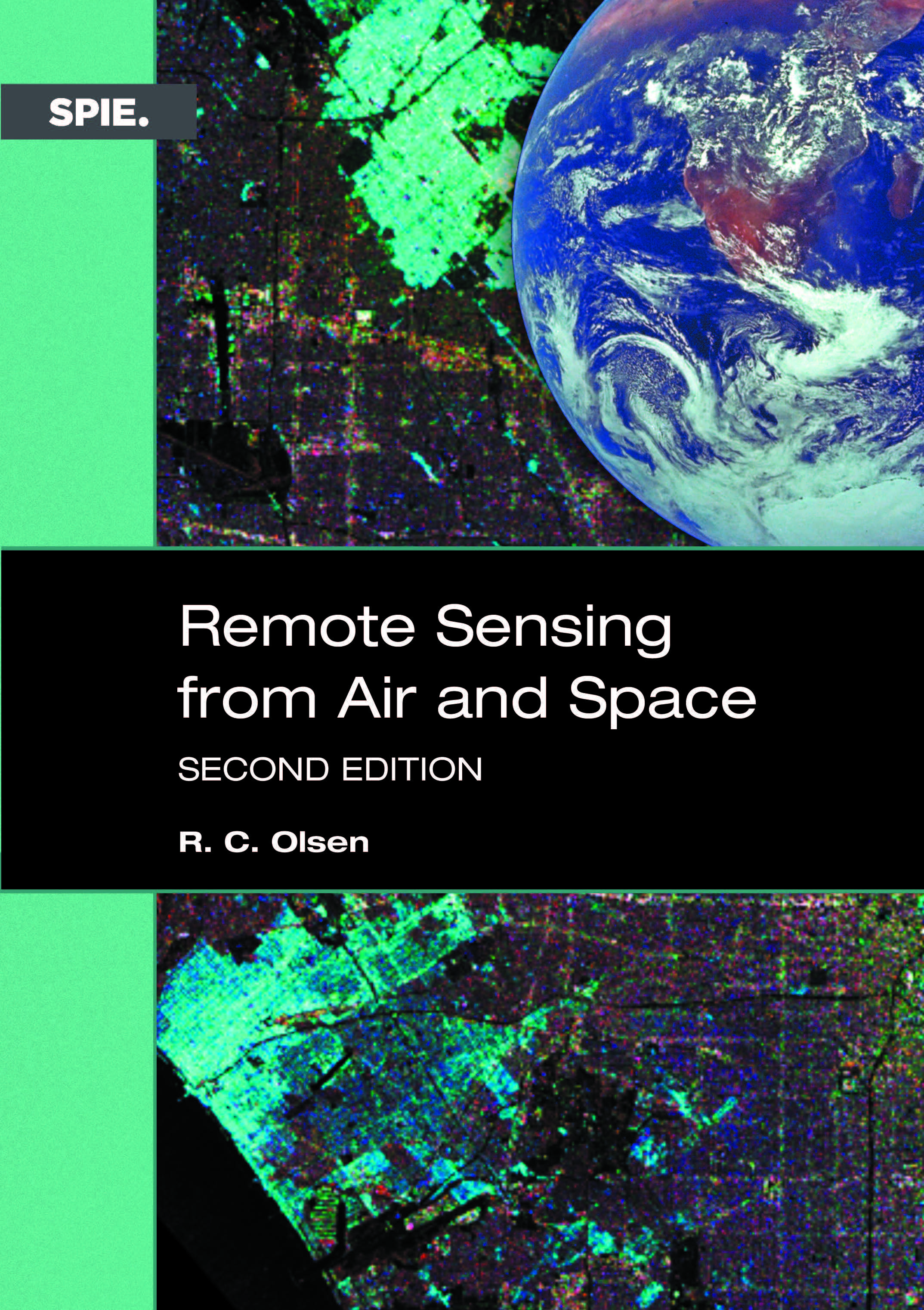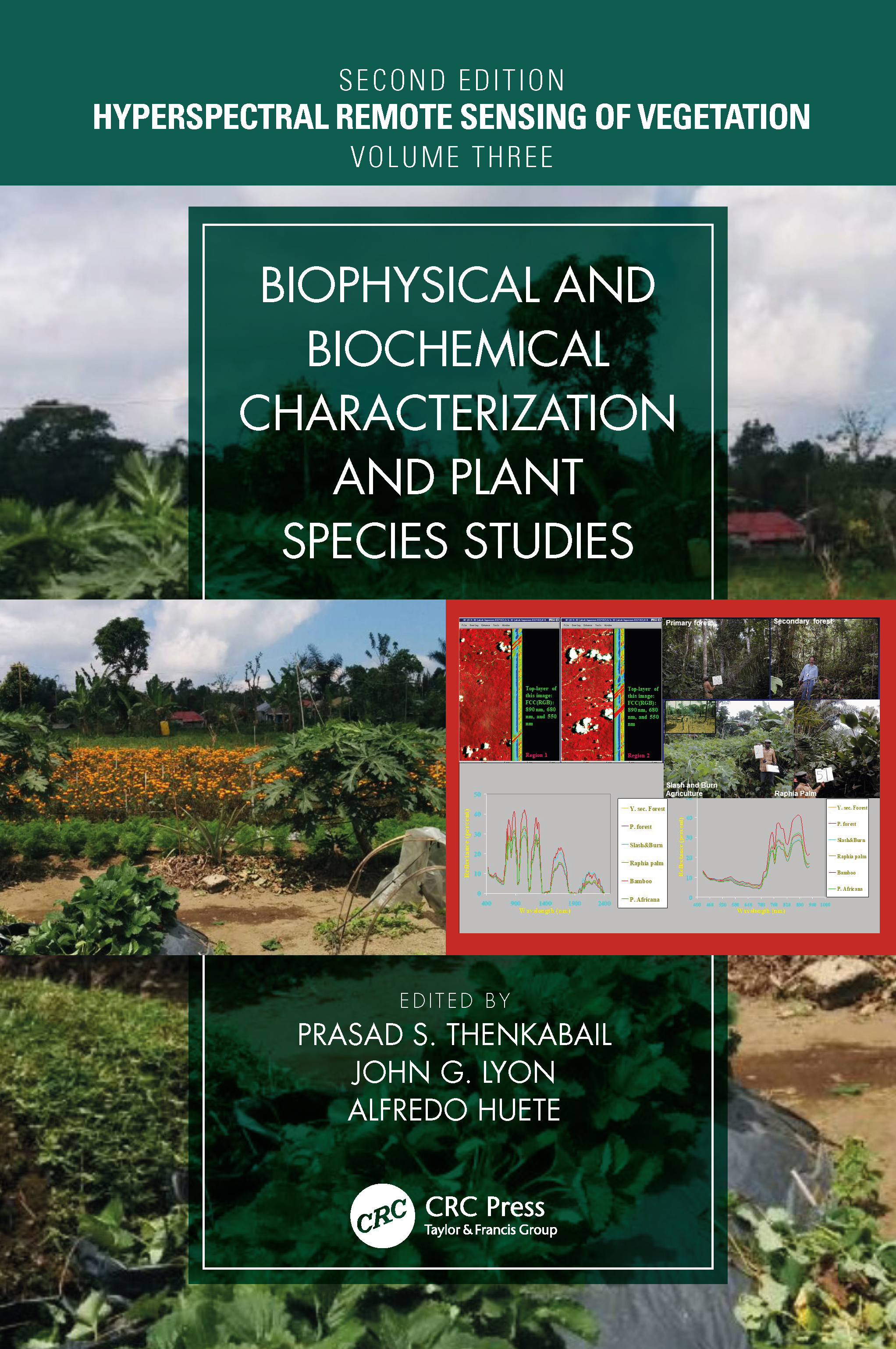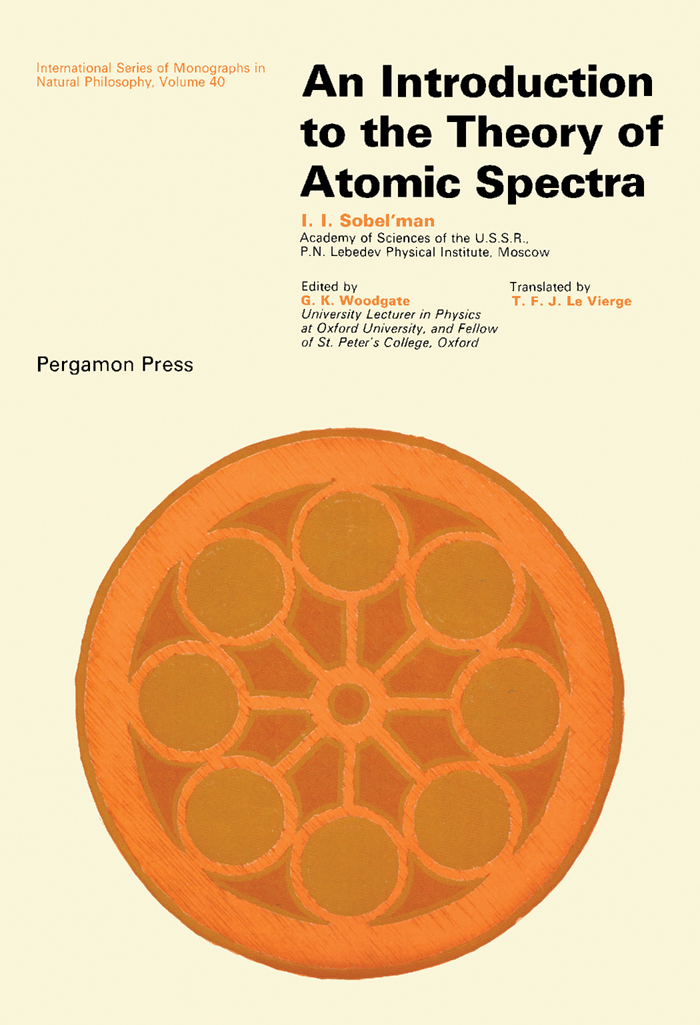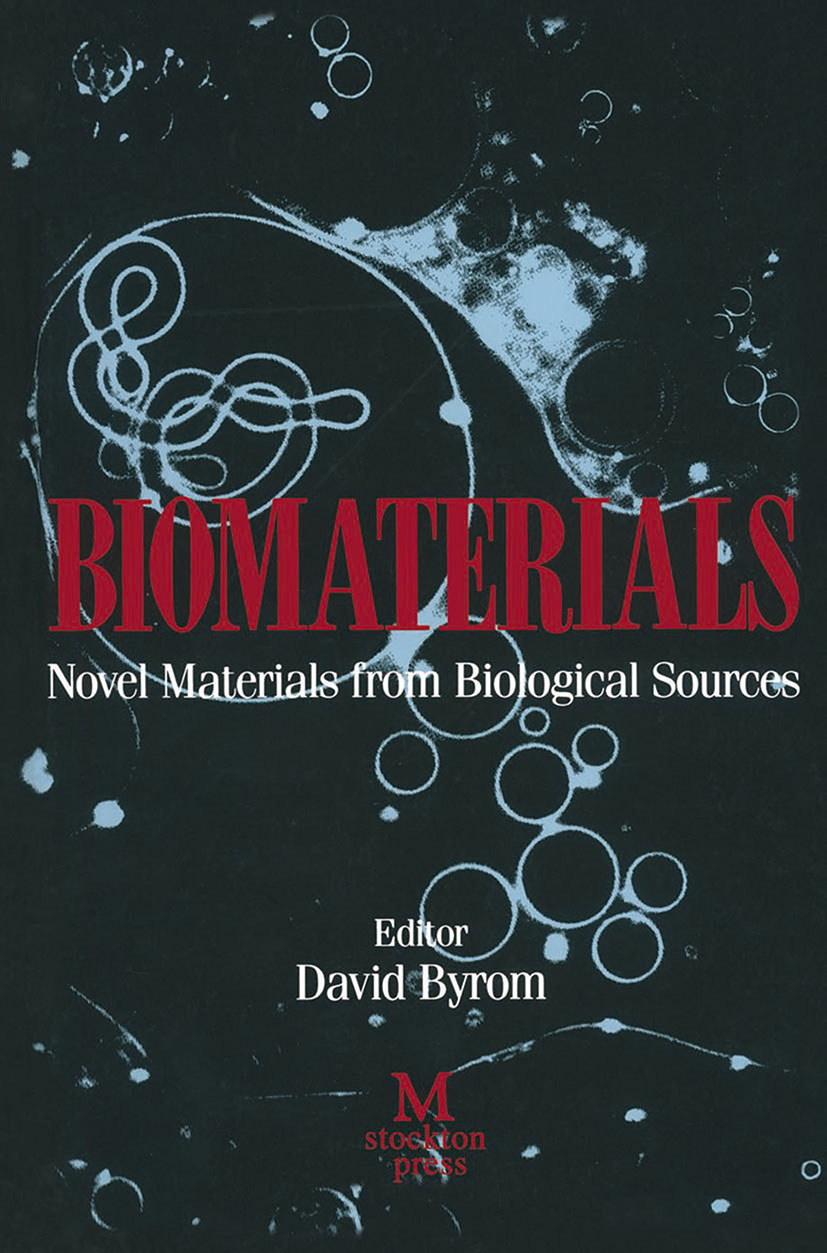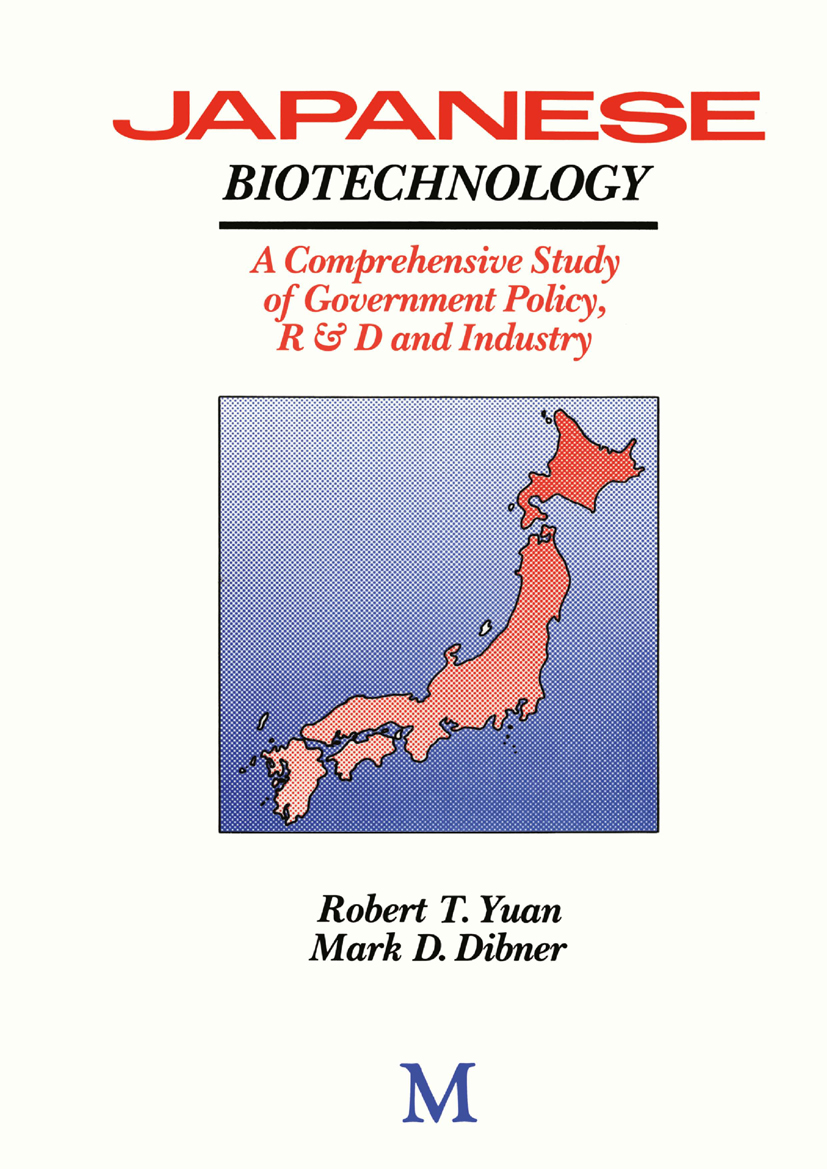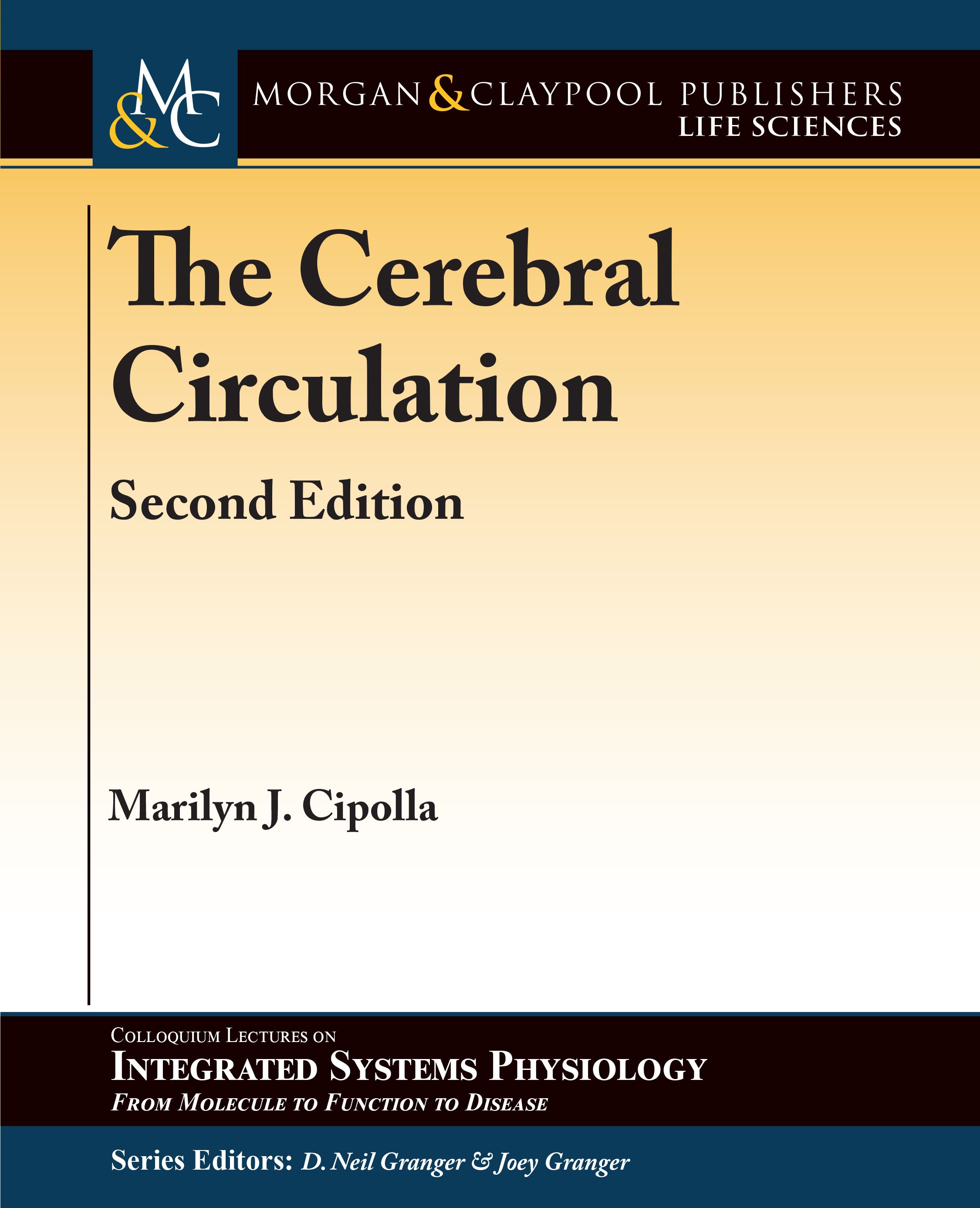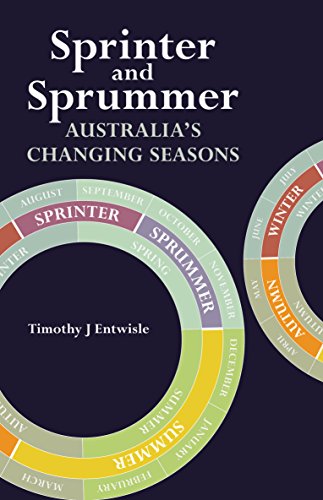Advanced Molecular Diagnostic Techniques
Advanced Molecular Diagnostic Techniques
Efficient control of diseases of animals and ensuring a particular animal health status require appropriate diagnostic measures. Laboratory diagnosis concentrates on both identification of the agent (antigen identification) and measurement of the imm...
Read more
Efficient control of diseases of animals and ensuring a particular animal health status require appropriate diagnostic measures. Laboratory diagnosis concentrates on both identification of the agent (antigen identification) and measurement of the immune response against the pathogen (antibody detection). However, even when applying both approaches, the diagnosis of certain infections is ineffective and too cumbersome, for example during latent infections in BHV1, when there is little chance of detecting the virus DNA by conventional diagnostic techniques. With the advent of genetic engineering or biotechnology, a galaxy of new methods/techniques is available to the diagnosticians and animal health officers to diagnose the infectious disease of diverse pathogen origin promptly, accurately and economically. The latest methods offer specificity and sensitivity well above the conventional methods providing the opportunity of taking more effective control measures due to quick availability of the results. In the past 30 years, veterinary diagnosticians have incorporated new molecular techniques such as the PCR, real time PCR, LAMP, other nucleic acid based technologies, microarray, viral metagenomics, nanotechnology, lateral flow assay, biosensors, flow cytometry etc for prompt, accurate, specific and sensitive detection of pathogens besides a number of other potential applications. Although, conventional diagnostic assays are still used routinely, new molecular techniques have broadened the scope of veterinary and medical diagnostics and provided powerful new tools that enabled the rapid and specific diagnosis of animal diseases with a high degree of certainty. This book “Advanced Molecular Diagnostic Techniques: Principles and Applications” is written based on the most relevant and latest informations so that everybody can read and understand it quickly, easily and properly. This book is useful for scientists, teachers, students, officers, diagnosticians, laboratory technicians and medical personnel associated directly or indirectly with research, teaching, training, extension, diagnosis, epidemiology and control of diseases of bacterial and viral origin. This book is highly informative to the Life Sciences students and other enthusiastic readers appearing in the various competitive examinations such as JRF, SRF, IAS, CSIR, NET, ARS, ICAR, IFS, IPS, Lectureship etc. Finally, all can enrich their knowledge on any aspects of diagnostic techniques from the book and can clarify any doubts and concepts very easily and confidently.
Less


